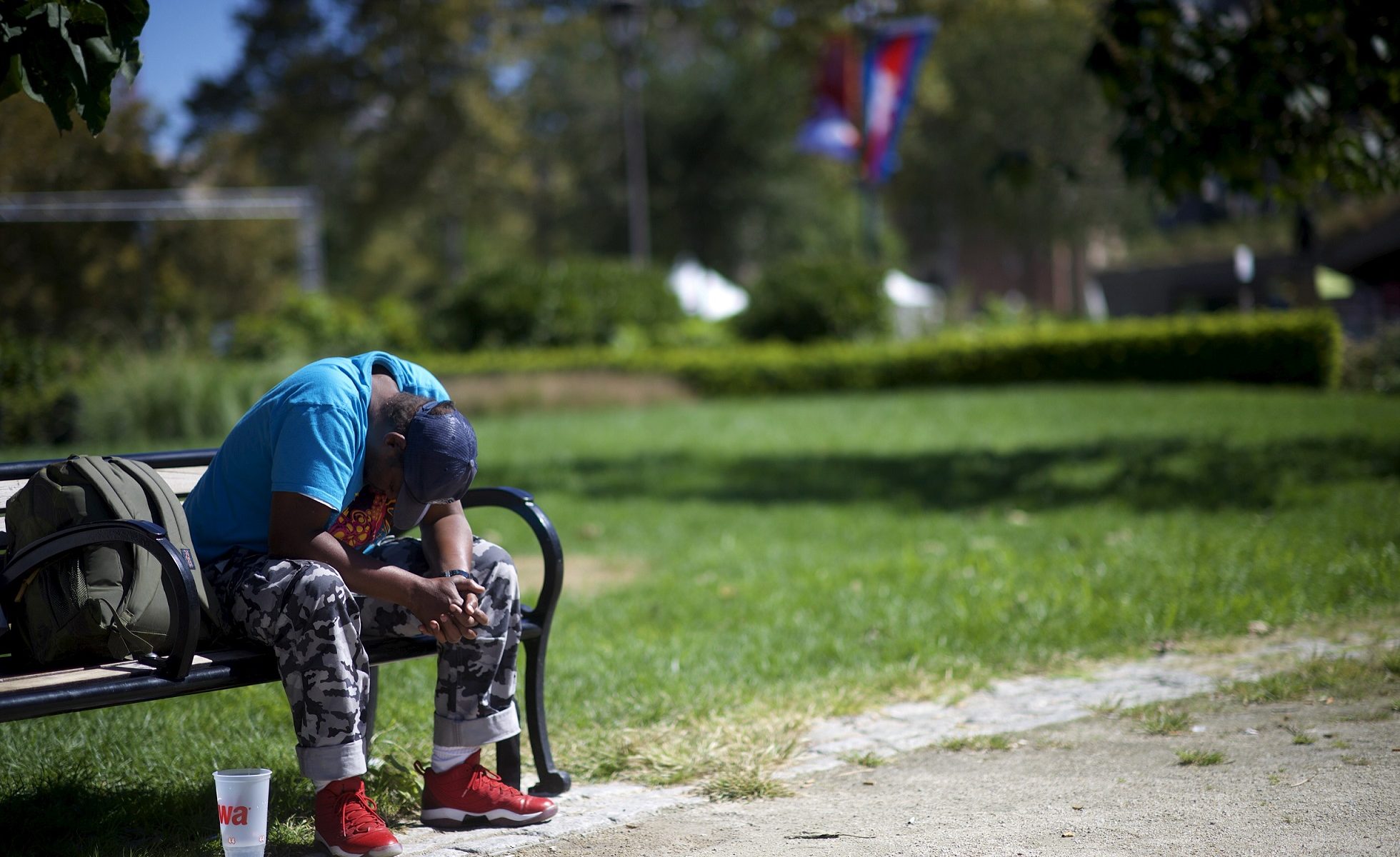Do social protection programs improve life satisfaction?
Evidence from Iraq
An extensive literature examines the link between social protection-related public spending and objective outcomes of well-being such as income, employment, education, and health.
Much less attention has been given to how government social protection policies influence individuals’ own sense of well-being, particularly in low- and middle-income countries (often referred to as developing countries).
Yet, the effectiveness and the sustainability of such policies and programs often depend on how people perceive them.
This paper examines the relationship between social protection programs and subjective well-being in Iraq.
The full report can be read here.
(Source: Brookings Institution)

